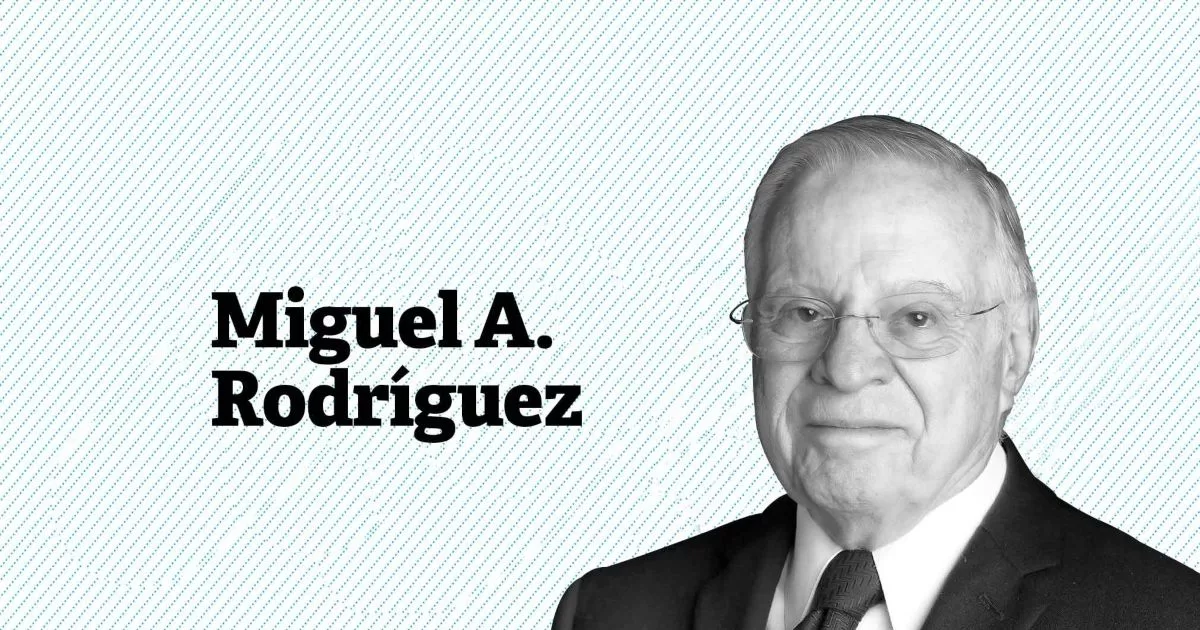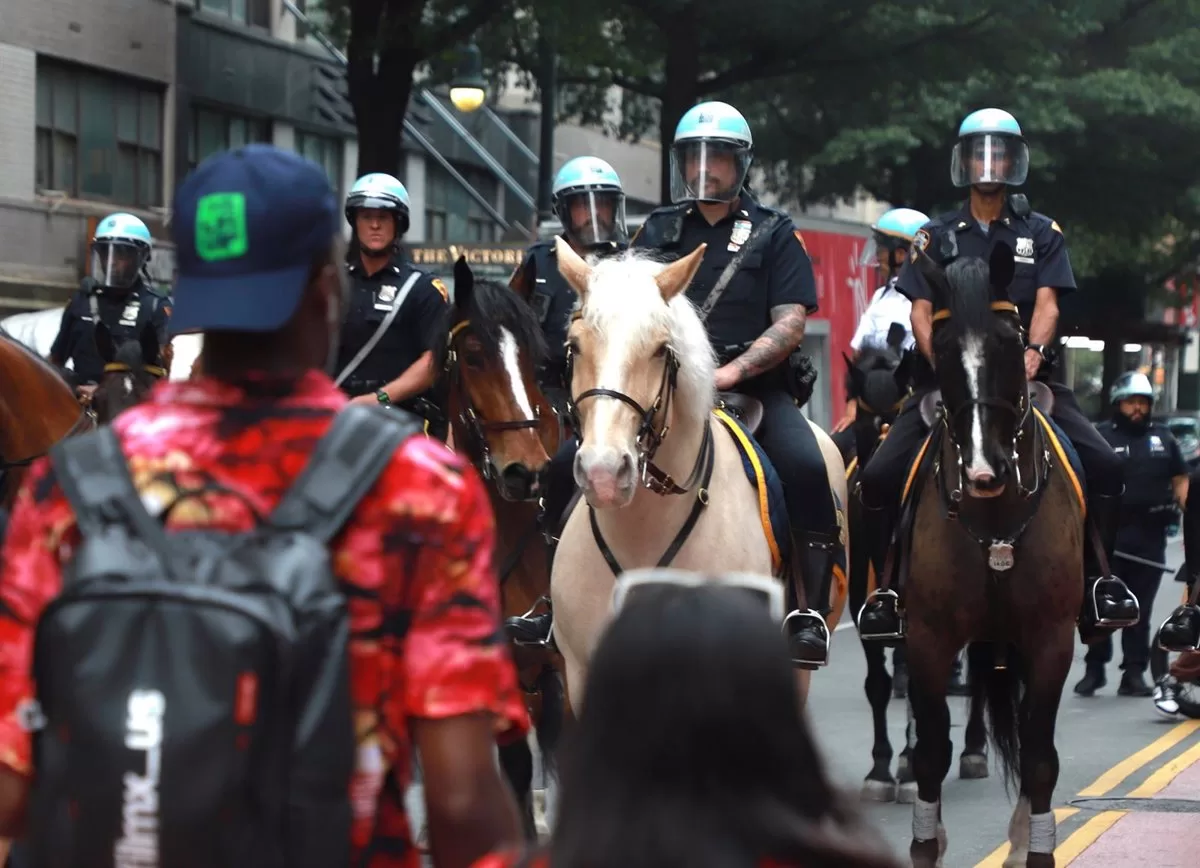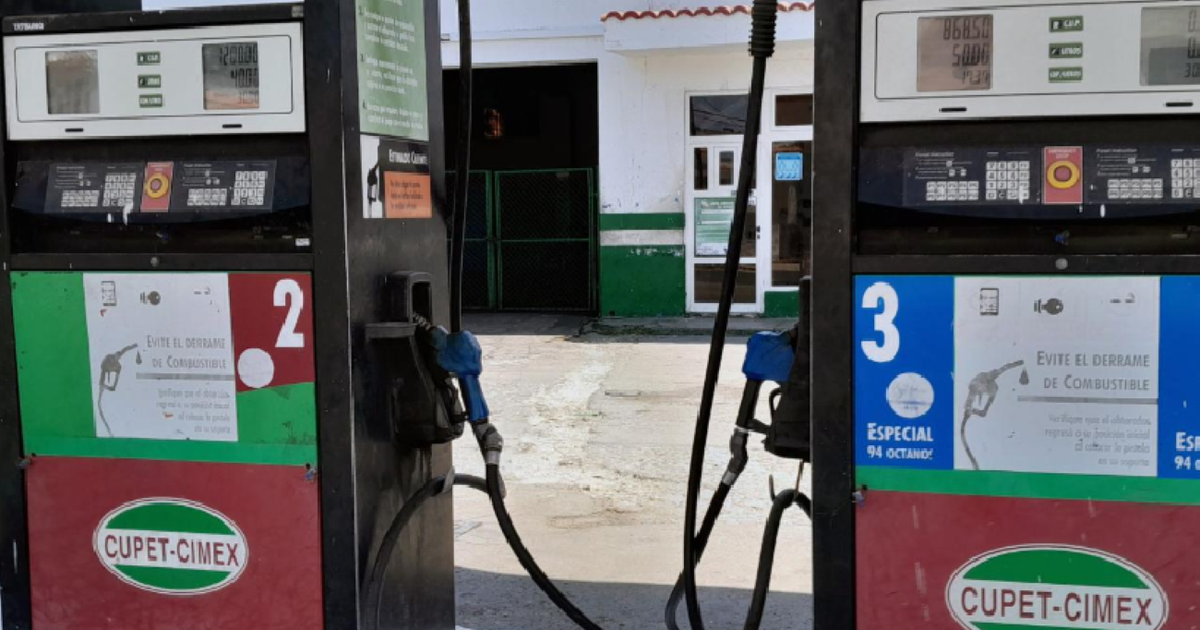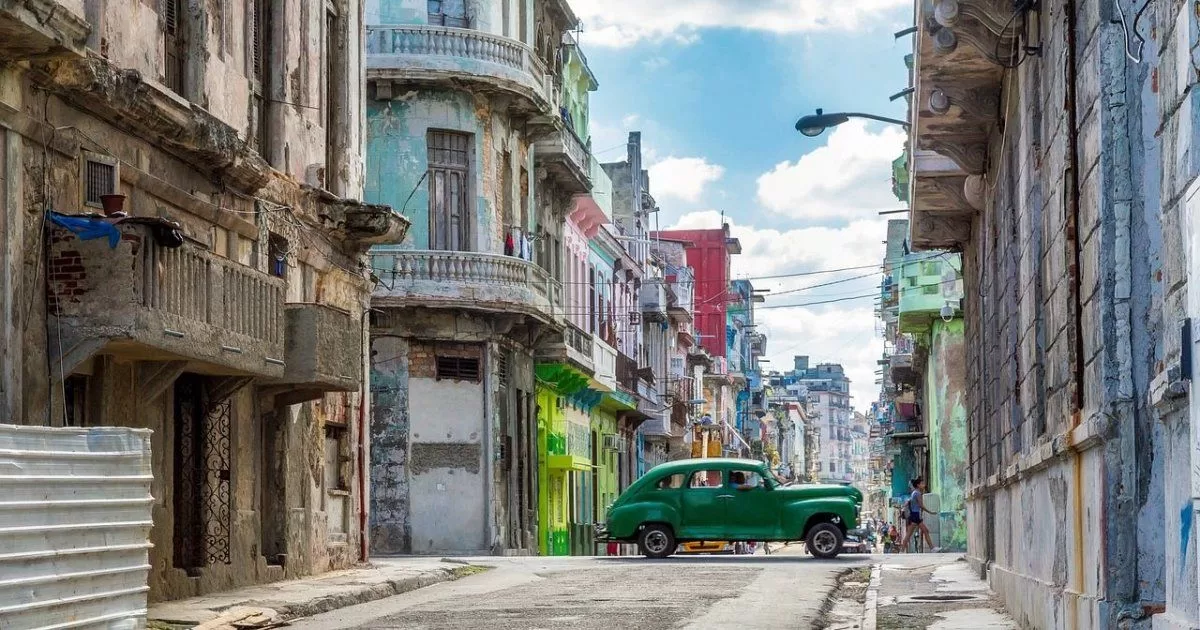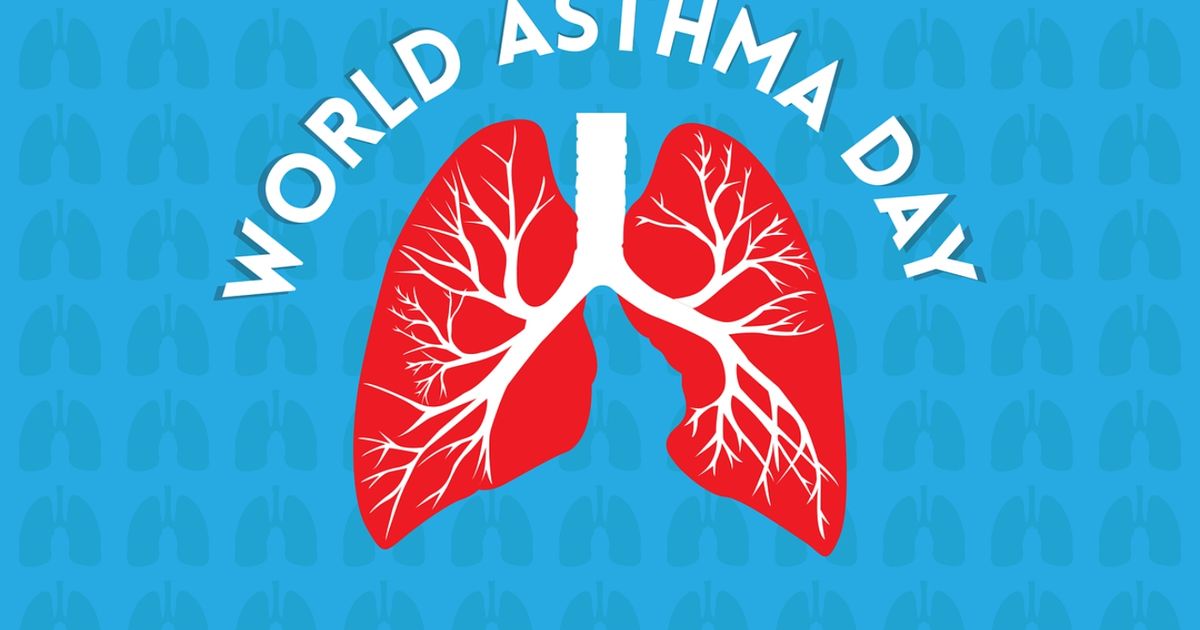He abandons his habituality, an order, and finds a disorder. The path is full of limitations, obstacles, suffering, but fight and persevere. He has a meeting.
And he returns to his environment, to his house, to his castle, to his cabin. But he comes back different, he knows his surroundings and lives it in a different way. He has managed to reconcile order and disorder, he is experiencing a reordering.
The hero who completes his adventure not only has a personal transformation created by the vicissitudes of the path and the conciliation of the new rearrangement, but he brings a new air, a new culture, a renewal that affects those around him.
In the past the mythical hero of society was the king. The hope of a people was placed in him. The new king brought a renewal of hope. He is, in the Middle Ages, the king or feudal lord who leads a crusade.
With the democracy the new king is the people. It is then up to the people, that is, all citizens, to be the heroes in the new days of national life.
That is not an easy transformation, but it is increasingly necessary.
We are experiencing a change of era
It is a change of era like the fall of the Roman Empire; as great as the advent of the Modern Age with the Renaissance, the empirical sciences, the Reformation and Counter-Reformation, the great geographical discoveries; and as great as the emergence of the Contemporary Era with the English Parliamentary Revolution, the Independence of the United States, the French Revolution and the Industrial Revolution.
Furthermore, this change that we experience today is faster.
There are changes in family, personal, religious, business, social, political, and international relationships, and there are also very palpable changes in technologies that surprise us.
Changes that have occurred in our means and instruments, in our laws and practices, …but that have not yet been made compatible with our mental models, with our cultural heritage and we do not yet know how to internalize, how to tame, how to take advantage.
Deterioration in international relations, in the validity of trade between nations subject to rules and not only to the power of the countries.
Greater awareness of the inefficiency of governments and the costs of corruption.
Perhaps the most profound and influential of these changes is that of the role of women. It mainly affects families, but also academia, politics, and companies. It affects our communities, the neighborhood, the neighborhood.
Social networks facilitate confrontations. With the appearance and preponderance of social networks and their algorithms, unexpected communication is facilitated, and we separate ourselves into closed and hostilely opposed groups.
This change of era radically modifies our circumstances. If our circumstances change, our actions and their results are affected, which increases uncertainty.
The process of change also uproots us.
Many people lose transcendent faith, and the grounding that faith gives people in the hope of their convictions.
In rural life we know our neighbors’ families well, even for generations. Urbanization uproots us from the safety of familiar neighbors.
The transience and precariousness of today’s work life, with frequent changes in employers and occupations, uproots us from the security of a stable employment relationship.
Political parties lose their capacity to be crucibles in which different group interests amalgamate into a shared vision of the future, into a conception of the common good. Defending sectoral interests and identity rights, parties fragment and multiply. Citizens lose their partisan roots.
People lose their trust in elites.
Results and needs of the change of era
Increased uncertainty and uprooting produce frustration. The unknown scares us. Frustrated and afraid we get angry.
Without the support of human and spiritual relationships that calm us, we become confused and afraid, the strength of feelings increases, mainly anger, and envy and hatred take over the people. These are conditions conducive to violence. Rationality and love are weakened in human action.
Democracy requires a strong society that controls the power of the state, which in turn must be strong to control chaos in society.
But this strong society, essential for liberal democracy to endure and be strengthened, is weakened by its fragmentation, by the weakening of markets, by the magnitude of unsatisfied desires, by uncertainty, uprooting, fear and anger of its members and the distrust that prevails towards the elites and among citizens.
These circumstances and difficulties hide the luminosity of an unimaginable increase in the productive capacity of humanity, the generation of greater awareness in more and more people about the dignity of all, the acceptance of differences, the extraordinary increase in the educational level of men and women, and the strength of aspirations for peace, progress, and knowledge.
We must therefore not lose optimism. Every day we have better instruments for material progress, to eliminate misery, to face the great universal challenges, to encourage a fuller life, a more effective humanism.
Hero citizens and their armor of values
Faced with accelerated change on all fronts, faced with the magnitude of the problems we face, how can we act so as not to get lost in the maelstrom of uncertainty, nor in the sadness of uprooting, nor in the violence of anger?
The treasure that the citizen hero finds in his feat is values.
The fundamental values that govern human behavior allow us to build an armor that gives us stability in change and that allows us to meet our responsibility in the management of public institutions.
This structure of values is enormously useful regardless of its foundation, whether it is the result of a transcendent conception that bases them on God, or whether it is the result of introspection and philosophical, psychological and sociological analysis of human nature, or whether it is the product of social evolution discovering the most successful norms of human behavior.
Respect for others, which hopefully becomes love for one’s neighbor; Loyalty, appreciation of the truth, commitment to knowledge, are some of the elements of this value structure that allow us to continue being ourselves, our family, our company, our society in the midst of the ups and downs of the changing times.
This structure of values gives us strength to maintain our most fundamental behaviors in the midst of the dialectic of change. It allows us to preserve essential features of ourselves, of our society, of our company. But changing circumstances force us to adapt our response. That is why we must be agile and flexible. Preserving what is essential, but with the ability to survive the immense transformations of our environment.
But this requires citizens to assume the role of heroes.
The leader is not the hero who today demands the defense of dignity, freedom and progress for all.
What democracy and progress demand are citizen heroes protected with an armor of values that raise the flags of respect, love, and tolerance.
May God grant that for the good of Costa Rica the political parties understand that more than fictitious leaders who are saviors of the country, what they require is to become a legion of hero citizens who know that their strength lies in the goodness and truthfulness of their proposals. in their love for each other and for their adversaries, and not in attacks to destroy their adversaries.

